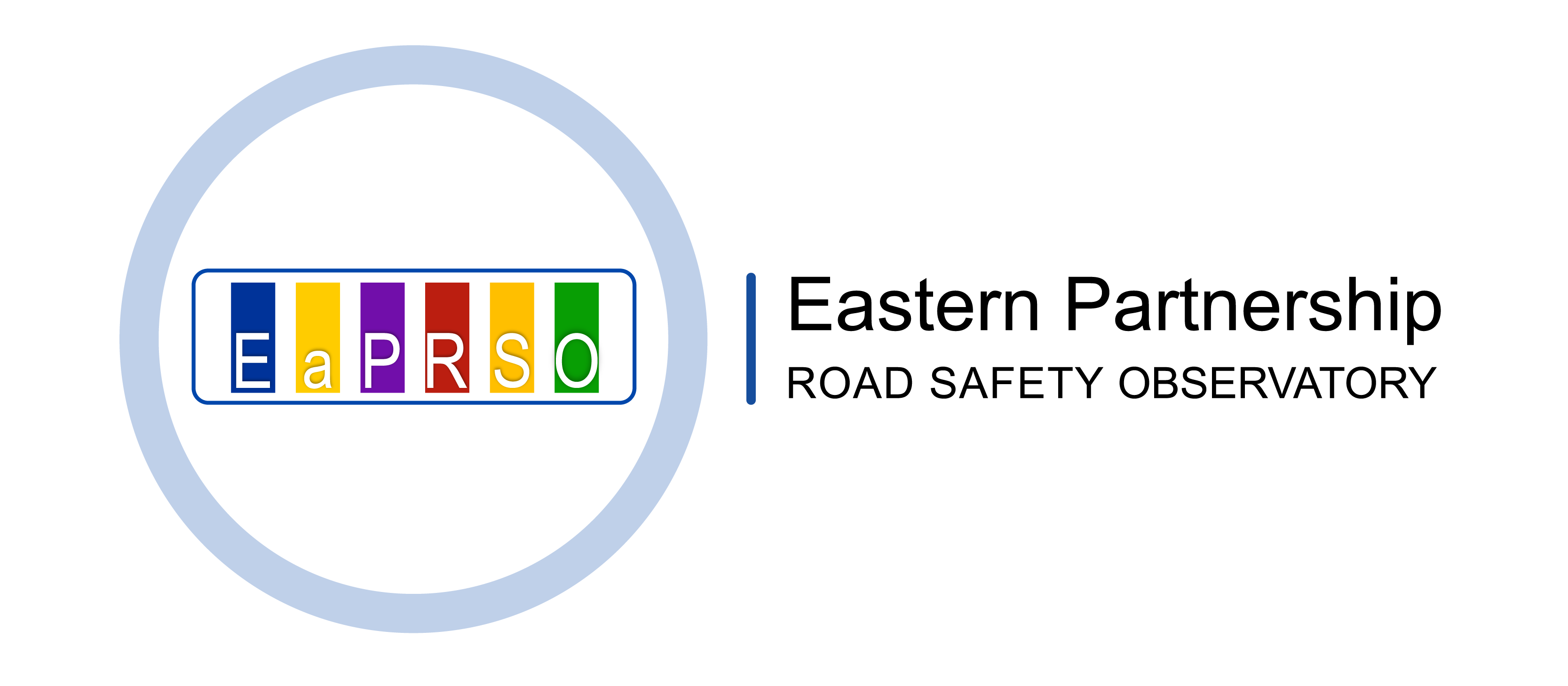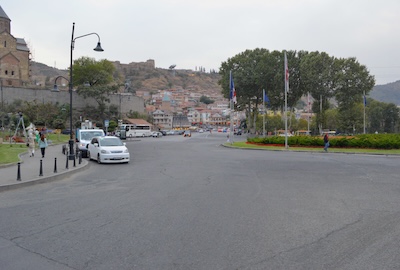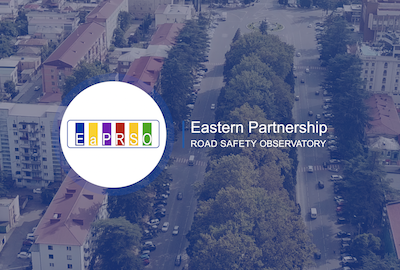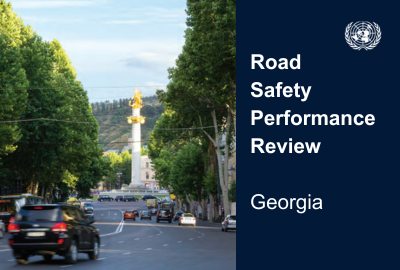
This month, the EaP RSO Technical Secretariat held its first official in-person country meetings with road safety counterparts in Georgia. The two-day program involved multisectoral meetings with the Ministry of Economy and Sustainable Development (MOESD), Ministry of Internal Affairs, Ministry of Education and Science, 112 Emergency Response Center, and the EU Delegation to Georgia among others.
Though the Observatory is hosted in Georgia at the ISET Policy Institute, it is above all a regional initiative with equal input from all member countries. The meetings therefore presented both the regional ambitions of the EaP RSO, introducing its international partners and data consultants, as well as discussing national priorities and development needs with regards to improving road safety data collection and analysis in Georgia.
Nikoloz Gvenetadze, the National Policy Coordinator for Georgia and Head of the newly established Road Safety Department under the MOESD, welcomed the EaP RSO delegation and the establishment of the Observatory as a great opportunity to support the implementation of Georgia’s comprehensive National Road Safety Strategy and Action Plan(s) which aim to reduce road casualties in the country by 25% by 2025.
Moreover, Georgia is already making good progress in terms of reducing road casualties, achieving a +30% reduction in fatality rates between 2011-2020, and has many good examples that can be shared with other Eastern Partnership countries.
On the second day of the programme, the EaP RSO Data Team and consultants were introduced to the Ministry of Internal Affairs' newly created division on road traffic safety and the role of the Information-Analytical Department in road safety data collection. Participants discussed various aspects of the data collection system, including data privacy, data sharing, and the integration with other systems.
They also explored the challenges of data analysis and the need for a harmonised approach between the agencies involved, especially regarding black spot identification, an area that is currently under review by the Georgian government. The EaP RSO Data Team aims to support this process with our Data Consultant, Egidijus Skrodenis, sharing his experience from implementing a similar process in Lithuania.
Concurrently, the Observatory team emphasised the important role that our centralised database will play in supporting this work – providing secure multi-sectoral access to user-friendly information and analysis to support road safety decision making.
With Georgia’s 2024-2025 Road Safety Action Plan already ongoing, this information will be useful in evaluating its impact as well as setting data-led targets for the next five years.




